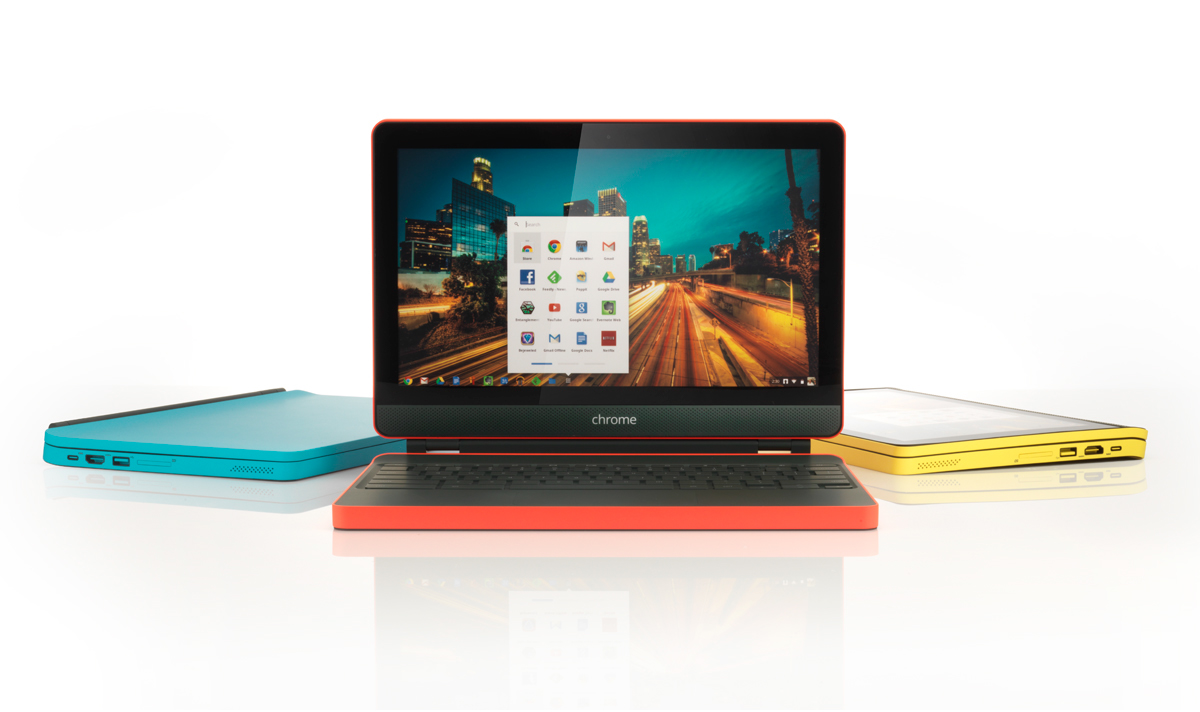
- ADOBE PDF READER FOR CHROMEBOOK FOR FREE
- ADOBE PDF READER FOR CHROMEBOOK UPGRADE
- ADOBE PDF READER FOR CHROMEBOOK PORTABLE
- ADOBE PDF READER FOR CHROMEBOOK ANDROID
They have a series of extensions for individual conversions, but all these do is take you to the SmallPDF website. As the name suggests, it also compresses a PDF. It lets you convert Microsoft Office formats to and from Word. If you don’t mind being online, previously covered SmallPDF lets you do just about any type of conversion with a PDF.

ADOBE PDF READER FOR CHROMEBOOK ANDROID
Mobile Users: Check out our guides on converting PDF files on Android or iOS SmallPDF
ADOBE PDF READER FOR CHROMEBOOK UPGRADE
If you need to work with more than 20 PDFs you’ll need to upgrade to the paid version. Folia has an iOS version so you’ll be in sync with your other mobile devices that are using Folia. The free version lets you annotate and sign a PDF.

Folia by Branchfireįolia is an Android app that was converted to work on Chromebooks using ARC. XODO also works on iOS and Android so you’ll only need to learn one app. I’m used to my tools on the top rather than the side. I like the interface on XODO a little better. XODO has all the great features of the premium version of Kami like signing documents and collaboration but does it free. They also add the ability to sign PDFs and collaborate with other users.
ADOBE PDF READER FOR CHROMEBOOK FOR FREE
You could do that for free using the tricks for Chrome’s built-in viewer, but Kami gives you a direct approach. The premium version adds splitting and merging pdfs and OCR.
ADOBE PDF READER FOR CHROMEBOOK PORTABLE
Free your PDFs: After you make your changes, move them to Evernote or convert them to a portable format or a webpage It also gives you a freehand drawing tool to annotate the PDF. With the free version (ad supported) you can make a bunch of changes to a PDF like adding, highlighting, underlining and striking through text. It’s one of the few PDF tools that works offline. We covered Notable PDF before, but on a Chromebook, Kami takes on some great new features. That creates a new Google Doc with the converted data. Then right-click on the document and select Open With->Google Docs. You’ll need to upload the PDF to your Google Drive. Google will do OCR on a PDF without additional software. Instead, you’ll create a new PDF by using the Save to PDF print option. Chrome won’t save your changes if you click the Save icon. If it’s a form, you can fill it out some basic fields. Read a web page offline: The PDF printing option lets you convert any webpage to PDF The PDF Viewer also lets you rotate individual pages. You’ll be saving your PDF with just the pages you want by creating a new one. In the Pages section, select just the pages you want and then click S ave. If your destination isn’t Save to PDF, then click Change and choose that option. With the PDF open, select the print icon. Since PDF creation is also part of ChromeOS, you can extract just the pages you want by printing the document to PDF. You’ll need to follow our guide for Chromebook printingīesides just viewing a PDF, you can do some basic modifications. There are two context menu items to open PDF links in a new tab and in a new background tabģ.Need to Print that PDF? You can’t just plug a printer into the USB port. Partially supports executing PDF scriptsģ.

Supports opening PDF files by dropping them into the viewĦ. Supports displaying PDF signed and unsigned signaturesĥ. Supports page navigation with "page" hashģ. If you prefer the extension to parse PDF files in frame elements use the right-click context menu checkboxĢ. To allow the extension to parse local PDF files, you need to enable "Access Local Files" in the extension manager. The extension provides the same experience as you open PDF files in the Firefox browser. This extension supports rendering remote and local PDF files on top frames. It will be used as a replacement for the default PDF viewer. A general-purpose Portable Document Format (PDF) viewer based on Mozilla's PDF.js library This extension uses Mozilla's pdf.js library to display PDF files in your browser.


 0 kommentar(er)
0 kommentar(er)
